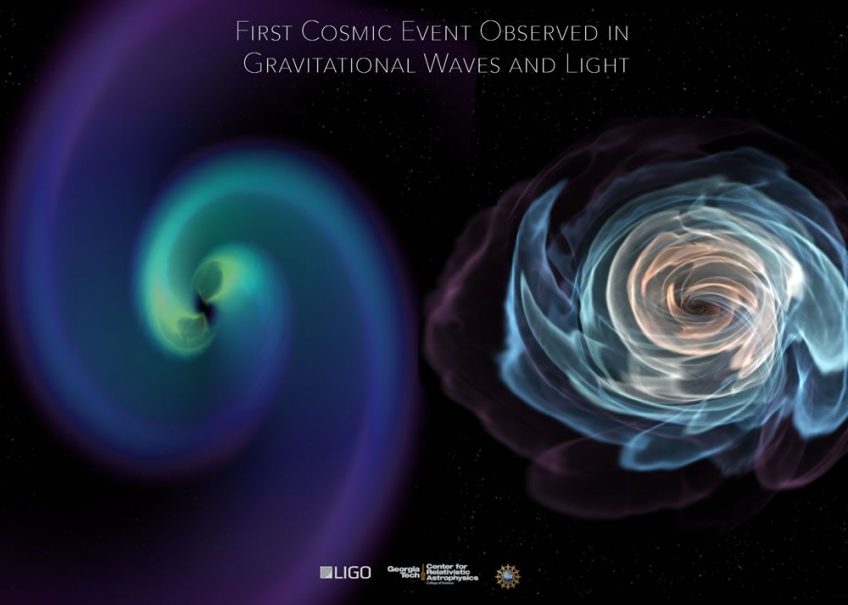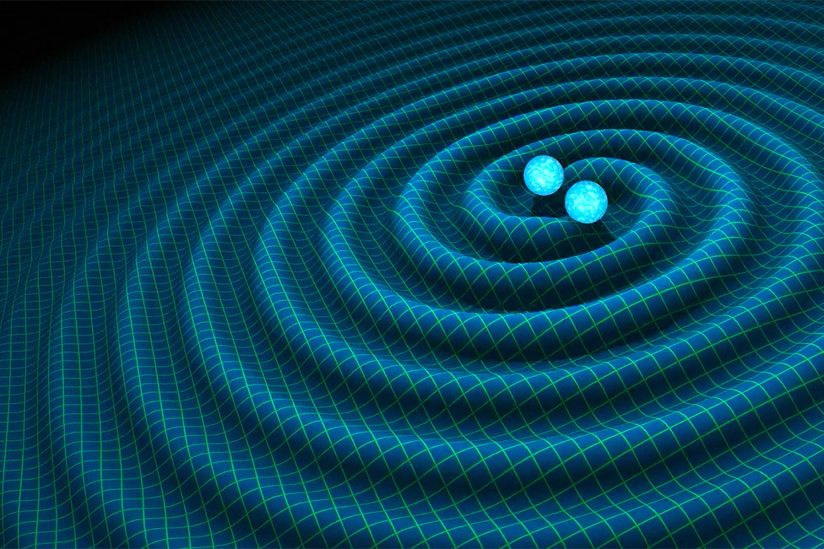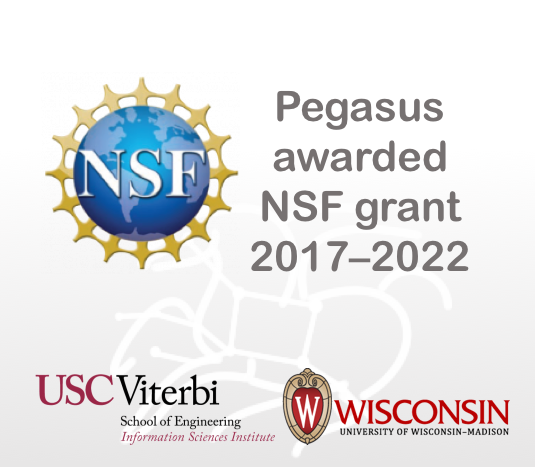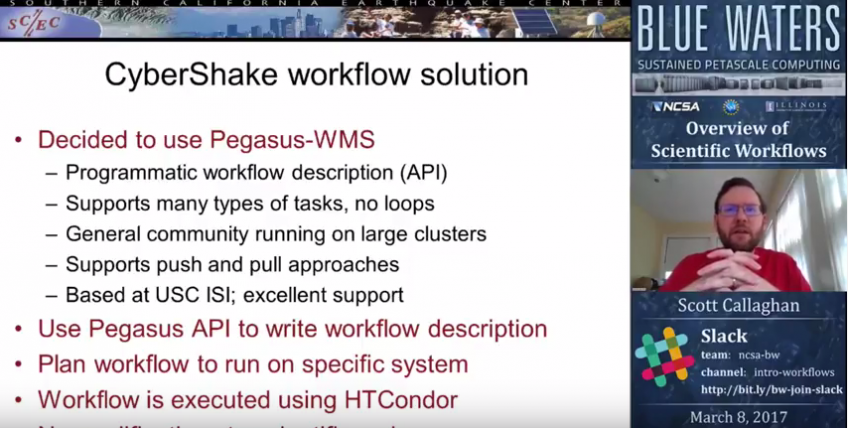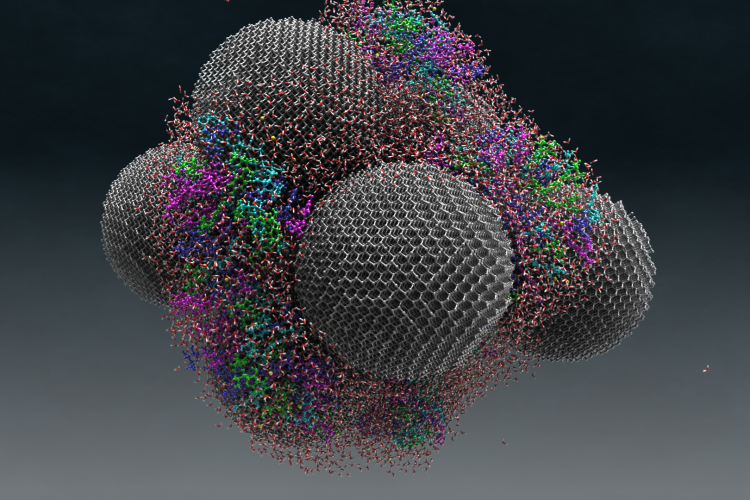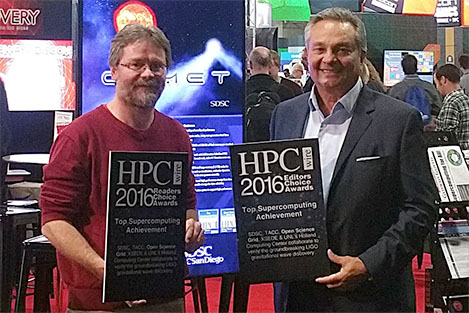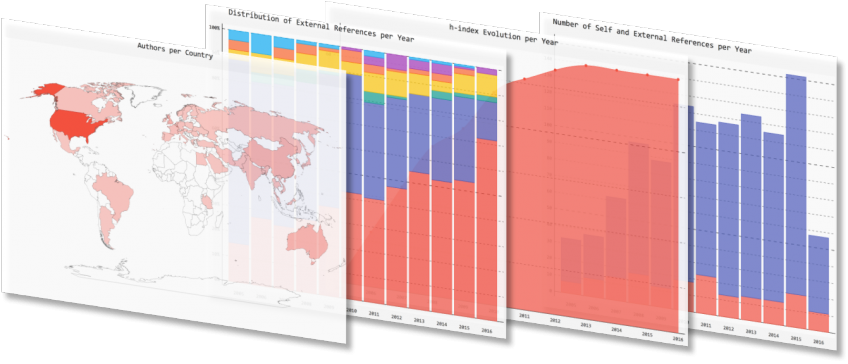CyVerse Container Camp
Pegasus team members will be giving an overview of how to use containers in Pegasus workflows, at the CyVerse Container Camp, March 7-9 at University of Arizona, Tucson. The Pegasus portion is currently scheduled for Friday, but the rest of the agenda is packed with related and interesting topics such … Read More

